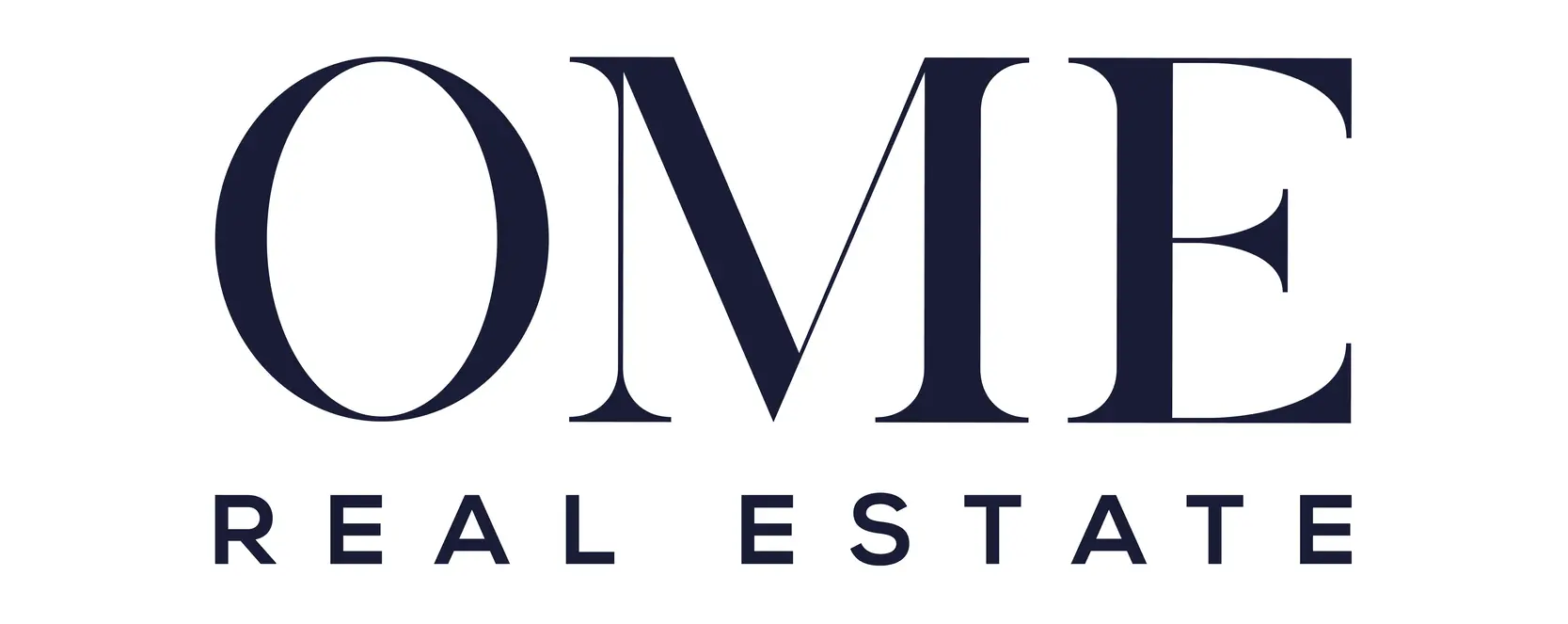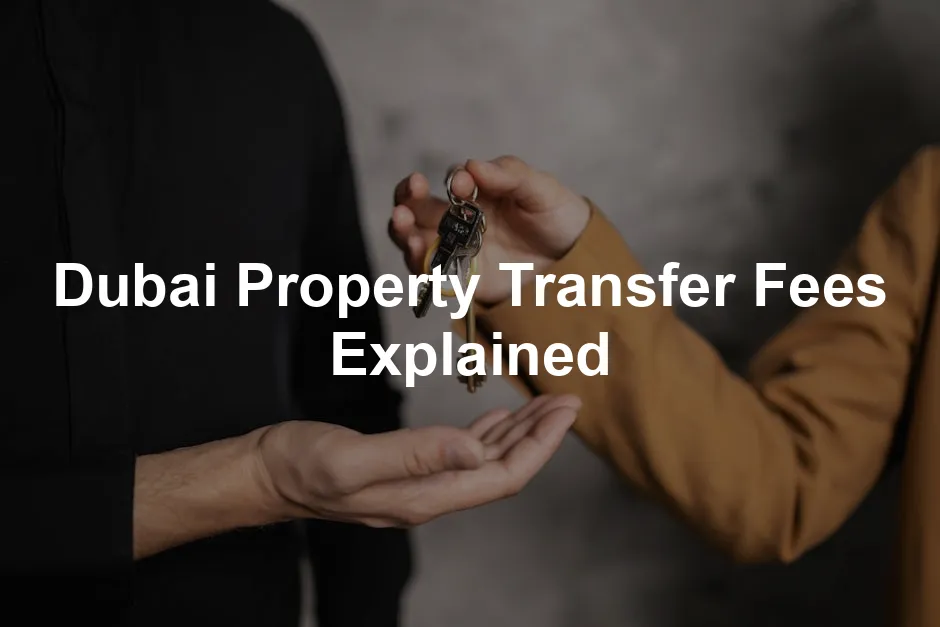Introduction
Understanding property transfer fees in Dubai is essential. These fees can significantly impact your budget when purchasing real estate. For potential buyers and investors, knowing the fee structure helps avoid unexpected costs. This post aims to clarify the various fees involved in property transactions in Dubai and assist you in planning your finances.
Summary and Overview
Dubai’s real estate market has attracted many investors due to its robust growth and unique lifestyle offerings. With properties ranging from luxurious villas to modern apartments, the options are plentiful. However, alongside the purchase price, several fees come into play during transactions.
Common fees include transfer fees, registration fees, and other administrative costs. The transfer fee, set by the Dubai Land Department (DLD), typically constitutes a significant portion of your expenses. Therefore, it’s crucial to budget for these fees to ensure a smooth buying process and avoid financial surprises.

Understanding Property Transfer Fees
What are Property Transfer Fees?
Property transfer fees are charges applied when ownership of a property changes hands. In Dubai, this fee is crucial for facilitating legal property transactions. The Dubai Land Department (DLD) plays a vital role in regulating these fees.
Typically, the transfer fee is 4% of the property’s sale value. With thousands of transactions occurring annually, understanding this fee is paramount. For instance, in 2022, the average transaction value in Dubai reached AED 2 million, making the average transfer fee around AED 80,000.
This fee ensures that the DLD can maintain records and enforce property ownership laws effectively. Thus, knowing the implications of transfer fees is essential for anyone looking to buy or sell property in Dubai. Knowing these costs ahead of time can lead to a smoother and more informed transaction process.

Standard Transfer Fee
In Dubai, the standard transfer fee is set at 4% of the property’s sale value. This fee applies to all property transactions and is a crucial part of the buying process. Typically, this fee is shared between the buyer and seller, often split equally unless otherwise agreed upon.
For context, with average property prices in Dubai hovering around AED 2 million, this means a transfer fee could reach AED 80,000. Understanding this cost is vital for budgeting and planning your property investment. It helps ensure there are no surprises during the transaction, making the process smoother for everyone involved.
Additional Fees
Title Deed Fee
When purchasing property in Dubai, a title deed fee is also required. This fee varies based on the property’s value. For properties valued up to AED 500,000, the fee is AED 4,000. For properties above this threshold, the fee increases to AED 8,000.
The title deed serves as proof of ownership, making it essential in property transactions. Paying this fee ensures that the new owner’s rights are legally recognized and protected.
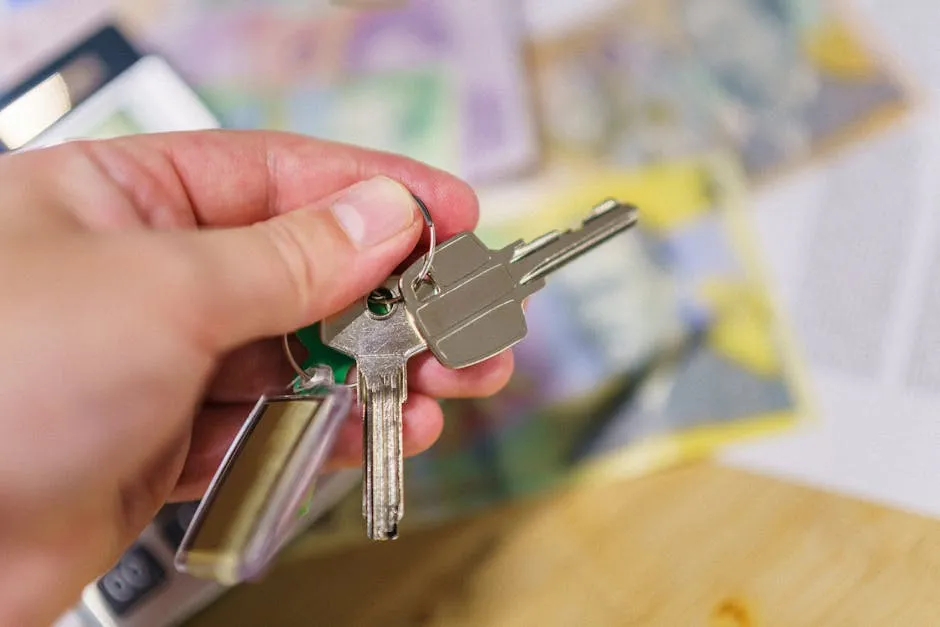
Mortgage Registration Fee
If you’re financing your property with a mortgage, you’ll encounter a mortgage registration fee of 0.25% of the mortgage amount. This fee applies when a mortgage is registered with the Dubai Land Department.
Typically, this cost is the borrower’s responsibility. Understanding this fee is crucial, especially for those new to property financing, as it adds to the overall acquisition costs.

No Objection Certificate (NOC) Fee
When purchasing property from a developer, a No Objection Certificate (NOC) fee is often required. This fee usually ranges from AED 500 to AED 5,000.
The NOC confirms that the developer has no objections to the sale and that all dues are settled. It’s a vital step in ensuring a smooth transaction and protecting both parties involved. Without this certificate, the transfer of ownership cannot proceed.
Additional Administrative Fees
When buying property in Dubai, it’s essential to consider extra administrative fees that may arise during the process. These fees can add to the overall cost, so being aware of them can help you plan your budget effectively.
First, there are administrative fees charged by the Dubai Land Department. This fee generally ranges from AED 580 for apartments to AED 430 for land. If you’re purchasing an off-plan property, the administrative fee might be as low as AED 40.
Next, you might encounter valuation fees. These are necessary when determining the property’s market value, especially if you’re securing a mortgage. Typically, this fee ranges from AED 2,500 to AED 3,500. Having a proper valuation ensures you make an informed investment.
Lastly, consider service charges. These are annual fees for the maintenance of common areas and amenities in residential developments. The costs can vary significantly based on the property size and facilities available.
Understanding these additional fees is crucial. It prepares you for the financial commitments involved in property ownership in Dubai. For personalized assistance navigating these costs, feel free to reach out to us at Ome Real Estate. We’re here to help you make the most informed decisions on your property journey in Dubai.

Total Acquisition Cost (TAC)
Understanding Total Acquisition Cost
The Total Acquisition Cost (TAC) is a critical concept for anyone buying property in Dubai. It encompasses all expenses associated with acquiring real estate, beyond just the purchase price. Understanding TAC is vital for effective budgeting.
TAC includes the property price, transfer fees, and various additional fees. The standard transfer fee in Dubai is 4% of the property’s sale value. This fee is typically shared between the buyer and seller, making it a significant consideration.
Moreover, other costs such as administrative fees, valuation fees, and taxes contribute to the TAC. These can vary widely based on the property’s location and type. For example, service charges for maintenance can add up annually, depending on the property’s size.
By grasping the Total Acquisition Cost, you can better prepare your finances and avoid unexpected surprises. This comprehensive approach ensures a smoother buying experience. For guidance on calculating your TAC and navigating the Dubai property market, contact Ome Real Estate. We’re here to assist you every step of the way.
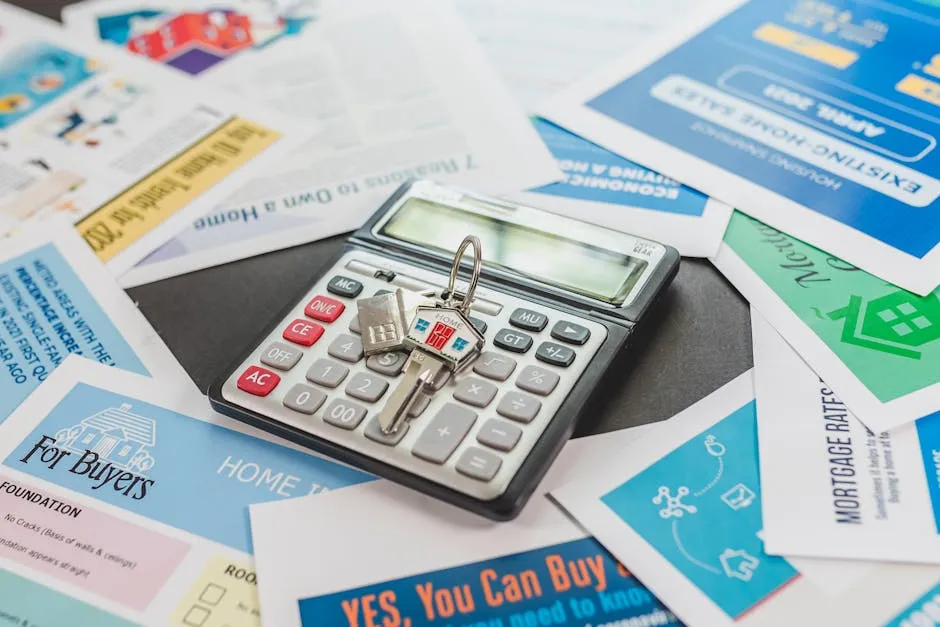
Budgeting for Fees
Budgeting for property transfer fees in Dubai is essential. Start by estimating all potential costs associated with your transaction. The primary fee, the transfer fee, is set at 4% of the property’s sale value. This amount can significantly impact your overall budget.
Consider other associated costs, such as title deed fees and administrative charges. These can add up quickly. To avoid surprises, it’s wise to allocate a separate budget for these fees. Planning ahead ensures you can comfortably manage your finances throughout the buying process.
Lastly, keep in mind that working with a real estate professional, like those at Ome Real Estate, can help you accurately estimate these costs and streamline your budgeting process.
Working with a real estate professional can help you accurately estimate costs and streamline budgeting. Luxury real estate investment in Dubai
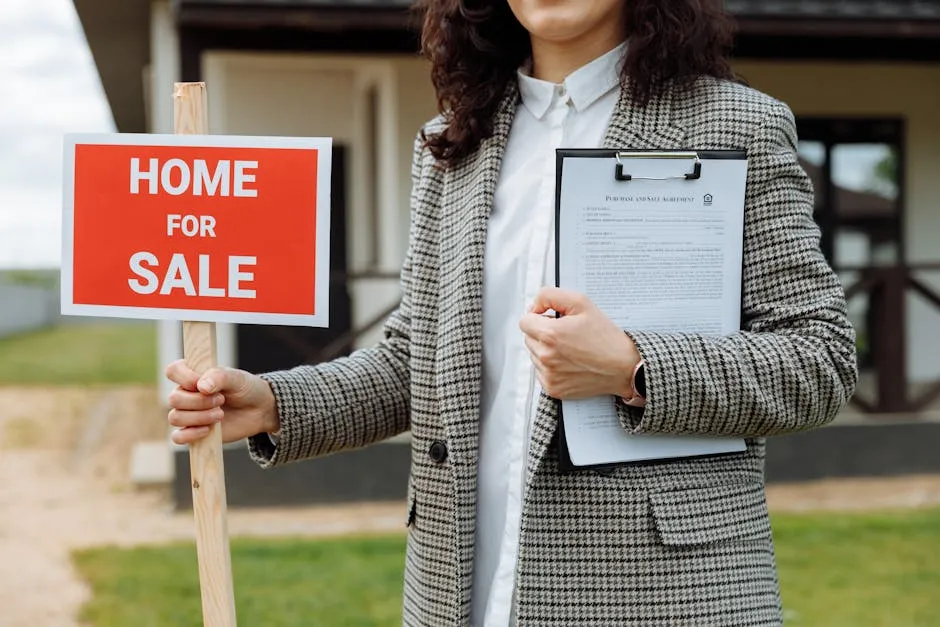
Seeking Professional Help
Hiring a real estate advisor or legal professional can be a game-changer. Their expertise ensures you comply with local regulations and navigate the complexities of property transactions.
Real estate professionals understand the ins and outs of the market and can provide valuable insights. They can also assist with paperwork, making the process smoother.
Legal advisors ensure that all contracts are correctly drafted and that your interests are protected. By seeking professional help, you can avoid costly mistakes and ensure a successful property transaction in Dubai.

FAQs
What is the standard property transfer fee in Dubai?
The standard transfer fee is 4% of the property’s sale value. This fee is typically shared between the buyer and seller. Understanding this percentage helps you allocate your budget effectively.
Are there any hidden fees when buying property in Dubai?
Yes, additional fees can apply. These may include title deed fees, NOC fees, and administrative fees. Being aware of these costs can prevent unexpected financial surprises during your transaction.
How can I estimate the total acquisition cost of a property in Dubai?
The total acquisition cost includes the purchase price, transfer fees, additional fees, and any applicable taxes. Calculating these will give you a clearer picture of your overall investment.
Do foreign buyers pay the same transfer fees as local buyers?
Yes, foreign buyers face the same transfer fee structure as local buyers. This means everyone needs to factor in the same costs when investing in Dubai’s vibrant real estate market.
Is it mandatory to hire a real estate agent for property transactions in Dubai?
While hiring a real estate agent isn’t mandatory, it can be beneficial. An experienced agent can streamline the process and ensure compliance with local regulations, making your experience much smoother.
Please let us know what you think about our content by leaving a comment down below!
Thank you for reading till here 🙂
All images from Pexels
